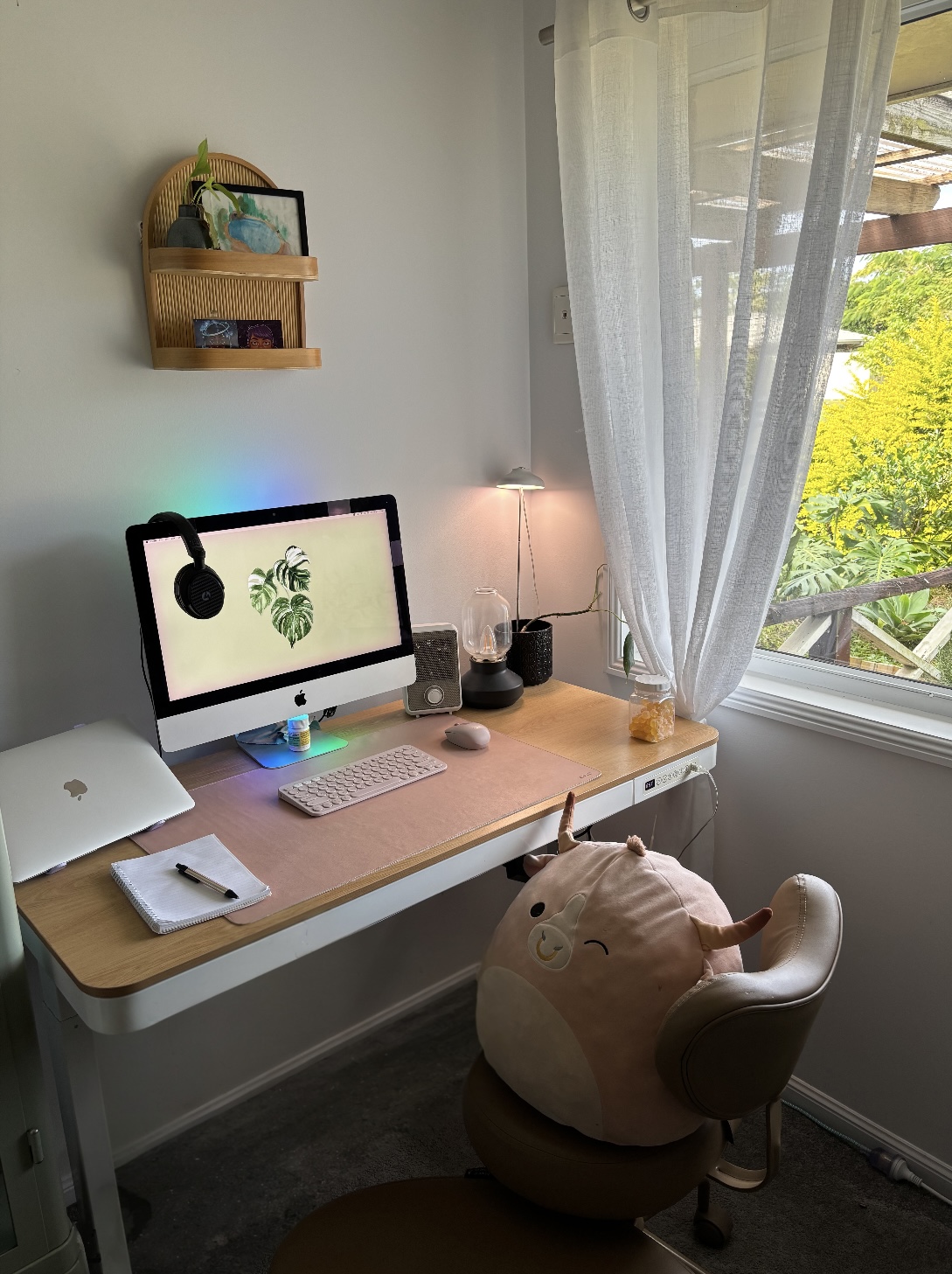In the Assessment
If you're coming to us for an assessment (for Autism, ADHD, or both), the first steps will feel pretty similar to therapy. Your clinician will introduce themselves, talk through confidentiality and admin stuff, and take some time to get to know you. You don’t need to prepare anything special — just come as you are. Notes are welcome, but not expected.
Just like in therapy, you're encouraged to show up in whatever way feels most comfortable:
Wear what you like (hoodies and pyjamas are great), bring snacks or drinks, keep fidgets or Squishmallows nearby, and have pets around if you want to. We’re here to support you, not a version of you that’s been “tidied up” for appointments.
(See the therapy section above for more info about accommodations — we’ll always do our best to make the session work for you.)
Questionaires
Alongside the interview sessions, you’ll be asked to complete a few questionnaires. If questionnaires are tricky, you're welcome to:
-
Fill them out with support from someone you trust
-
Go through them with your clinician during a session
Your clinician may also chat with you about asking someone who knows you well (like a parent, partner, or friend) to complete a separate questionnaire.
If you aren't sure who to ask- don't worry, we can figure it out together.
After the assessment
Once your sessions are complete and all questionnaires are returned, your clinician will write your report or confirmation letter. This will be ready within 6 weeks.
When it’s finished, you’ll be invited to a feedback session where you can go through the results together and talk about next steps, supports, and recommendations.
NDIS Note
A formal diagnosis of autism can be used to support an NDIS application, but it doesn’t automatically mean you’ll be approved. The NDIS is a separate organisation and makes its own decisions based on their own criteria.
Sometimes a diagnosis from a psychologist is enough, but the NDIS may also ask for extra information about how your diagnosis impacts your daily life. This can include reports or assessments from other allied health professionals, like a speech pathologist , clinical psychologist or occupational therapist.
If you're hoping to apply for NDIS funding, let me know — I can help you understand what might be needed and, if helpful, connect you with other professionals for additional support.
What to Expect
Visiting a psychologist can feel big — especially if you're not sure what it will be like. This page is here to walk you through what to expect, so you can come in feeling a little more prepared (and a lot more supported).
Before the Session
You'll get a secure video link and a reminder email. You're welcome to join the session from wherever you feel most comfortable — your bed, couch, or blanket fort all count. PJs, oodies, snacks, fidgets, and pets are all welcome.
If there's anything we can do to make the session more accessible or comfortable, let us know. You can email us beforehand or tell your clinician during the session (out loud or via the chat box).
Some common accommodations people request (and we’re always happy to support):
-
Turning your camera off
-
Typing instead of talking
-
Adjusting lighting or volume
-
Bringing a support person or pet
-
Having time to pause, stim, or take breaks
In the First Session
Your clinician will introduce themselves and check in about a few important things like confidentiality, consent, and how sessions work. They'll also tell you a bit about how they approach therapy and what kind of support they can offer.
Then, they might ask a few gentle questions about what brought you to therapy. There’s no pressure to share everything or to explain things perfectly. Some people write down what they want to say ahead of time or bring notes. Some people just show up and see where it goes. Either is totally fine.
This session isn’t an interrogation — it’s a collaborative space to figure out if the therapist and style of therapy feels like a good fit for you. You’re allowed to ask questions, say “I don’t know,” or say “can we come back to that later?”
After the Session
We’re a no-homework practice—your therapist might offer something to reflect on between sessions, but it’s always optional. No pressure, no judgment. Therapy should feel supportive, not like another thing on your to-do list.
If it feels like a good fit, you and your clinician can talk about what ongoing support might look like — how often you'd like to meet, what you'd like to work on, and how you'd like to get started. There’s no pressure to decide straight away.
